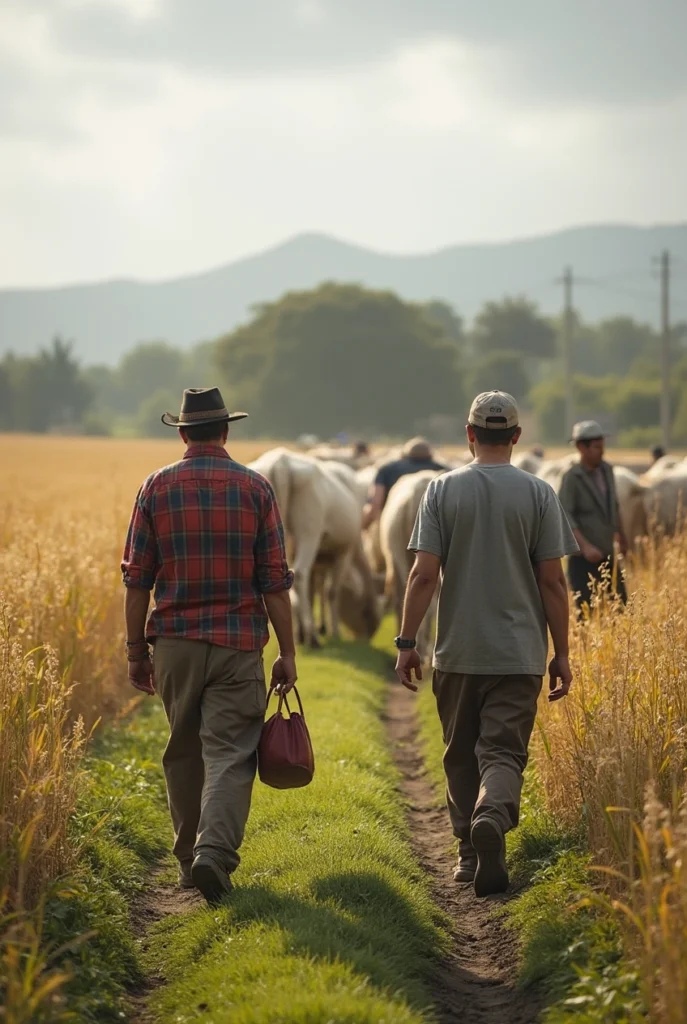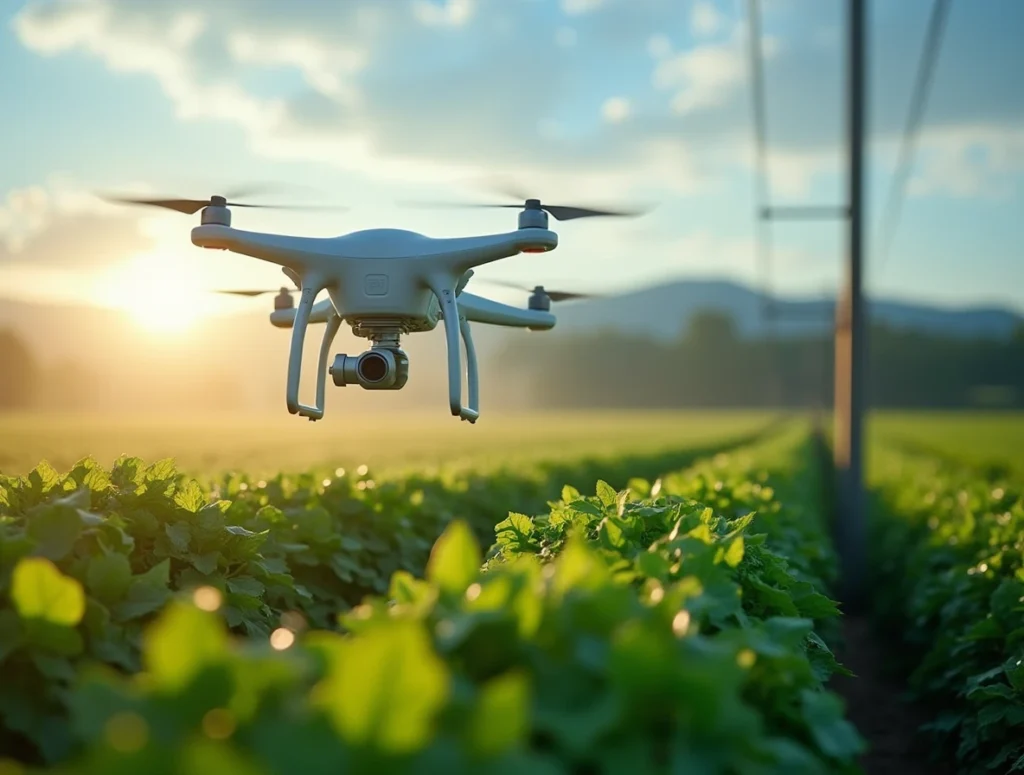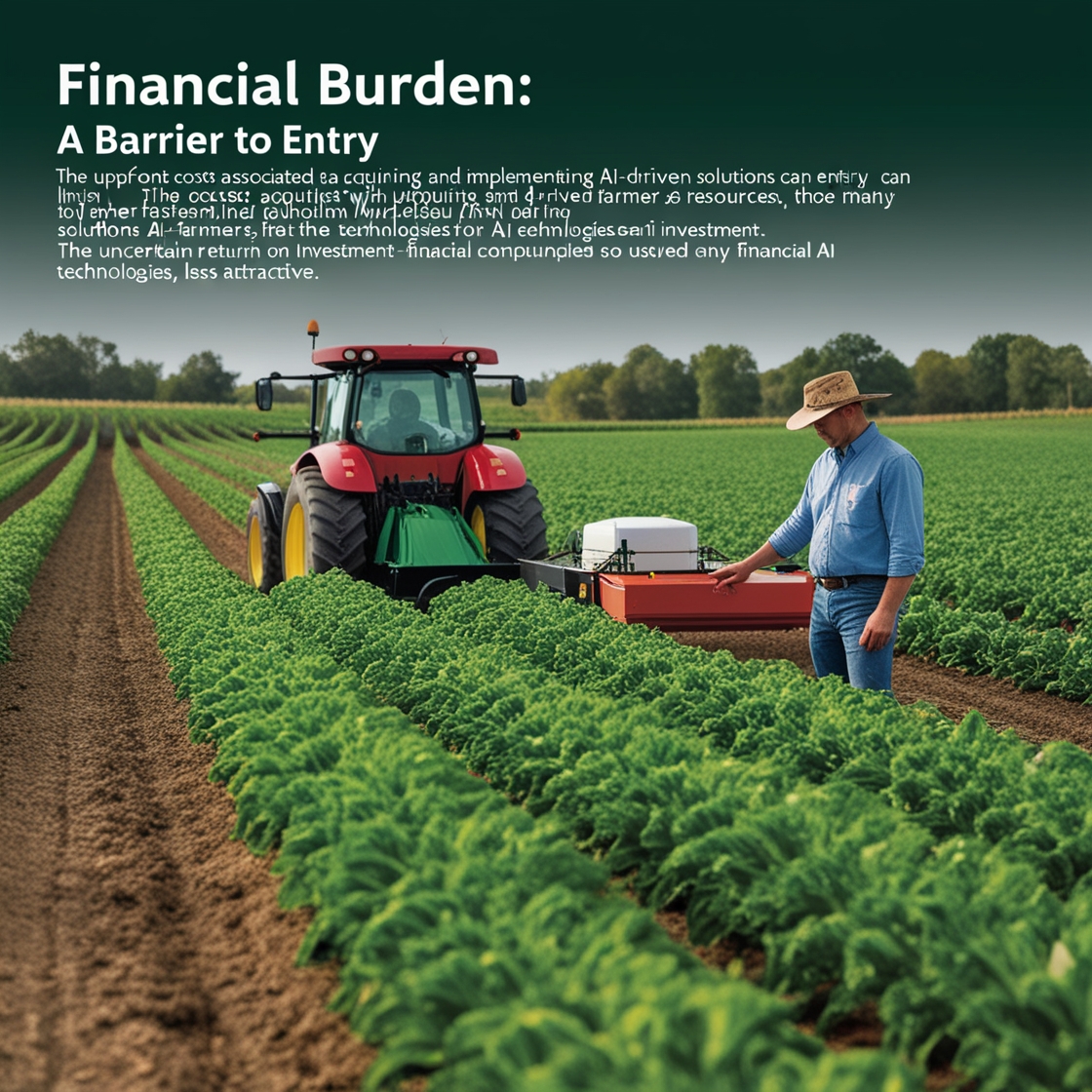As you delve into the world of U.S. agriculture, you might wonder what drives the sector’s growth and innovation. At the helm of this critical industry is Brooke Rollins, the U.S. Secretary of Agriculture, whose leadership has been marked by visionary strategies and collaborative efforts.
Explore her background, her vision for agriculture, and how her leadership is shaping the future of farming in America .
Intro : Brooke rollins Agriculture secretary
Background and Appointment
Brooke Rollins, a seasoned leader with a deep understanding of government operations and policy reform, was appointed as the U.S. Secretary of Agriculture. Her background in public service and her role in the Department of Government Efficiency (DOGE) have equipped her with the skills to streamline operations and drive efficiency within the USDA.
Vision for Agriculture
Rollins’ vision for agriculture is centered around innovation, sustainability, and support for farmers and ranchers. She aims to modernize farming practices, enhance rural development, and ensure that U.S. agriculture remains competitive on the global stage. Her leadership emphasizes the importance of sustainable farming methods, which not only benefit the environment but also ensure long-term profitability for farmers.

Key Challenges Faced
Upon taking office, Rollins faced several challenges, including the ongoing impact of the avian flu on poultry and egg prices, the need for policy reform to support rural communities, and the imperative to enhance food safety protocols. Her approach to these challenges has been proactive, leveraging partnerships and innovative strategies to address them effectively.
Visionary Leadership in Agriculture

Innovative Policy Initiatives
Rollins has introduced several innovative policy initiatives aimed at modernizing agriculture. These include:
- Precision Agriculture: Encouraging the use of advanced technologies like drones and satellite imaging to improve crop yields and reduce waste.
- Sustainable Practices: Promoting practices that reduce environmental impact, such as regenerative agriculture and organic farming.
- Rural Broadband Expansion: Ensuring that rural communities have access to high-speed internet, which is crucial for modern farming operations.
Focus on Sustainability
Her focus on sustainability is evident in her support for renewable energy projects on farms and the promotion of eco-friendly farming methods. This not only helps reduce the carbon footprint of agriculture but also provides farmers with new revenue streams through carbon credits.
Rural Development Strategies
Rollins’ leadership has also prioritized rural development. She has launched initiatives to improve infrastructure, enhance access to healthcare, and support local businesses in rural areas. These efforts are designed to boost economic growth and improve the quality of life for rural residents.
Strategic Agricultural Planning
Avian Flu Strategy
One of the significant challenges Rollins faced was the avian flu outbreak, which severely impacted poultry and egg production. Her five-pronged strategy to combat this included:
- Enhanced Biosecurity Measures: Implementing stricter biosecurity protocols on farms to prevent the spread of the virus.
- Vaccination Programs: Developing and distributing effective vaccines to protect poultry flocks.
- Compensation for Farmers: Providing financial support to farmers who lost birds due to the outbreak.
- Market Stabilization: Working with retailers to stabilize egg prices and ensure consumer access to affordable protein sources.
- Research and Development: Investing in research to improve detection and response to future outbreaks.
Food Safety and Inspection
Under Rollins’ leadership, the USDA has enhanced food safety protocols through more rigorous inspections and the adoption of advanced technologies like blockchain to track food from farm to table. This ensures that consumers have access to safe, high-quality food products.
Workforce Development
Recognizing the importance of a skilled workforce in agriculture, Rollins has initiated programs to attract and retain talent in the sector. This includes scholarships for agricultural students, training programs for farmworkers, and incentives for young farmers to enter the industry.
Collaboration and Partnerships
Partnership with Department of Government Efficiency (DOGE)
Rollins’ partnership with DOGE has been instrumental in streamlining USDA operations. By eliminating redundant processes and leveraging technology, the USDA has become more efficient and responsive to the needs of farmers and consumers.
Collaboration with Private Sector Entities
Collaborations with private sector entities, such as McDonald’s USA, have helped address issues like egg pricing and supply chain resilience. These partnerships demonstrate Rollins’ commitment to working across sectors to solve complex problems.
International Partnerships
On the international front, Rollins has engaged in diplomatic efforts to strengthen trade relationships and promote U.S. agricultural products abroad. This includes negotiating trade agreements that benefit American farmers and participating in global forums to advocate for sustainable agricultural practices.
Impact and Future Outlook
Impact on Farmers and Ranchers
Rollins’ policies have had a positive impact on farmers and ranchers by providing them with the tools and support needed to thrive in a competitive market. Her focus on sustainability and innovation has opened up new opportunities for farmers to diversify their operations and improve profitability.
Future Initiatives and Goals
Looking ahead, Rollins plans to continue her efforts to modernize agriculture through technology and policy reform. Key initiatives include expanding rural broadband access, enhancing support for organic farming, and developing more robust disaster relief programs for farmers affected by climate-related events.
Challenges Ahead
Despite the progress made, challenges remain. The ongoing impact of climate change, the need for continued innovation in farming practices, and the imperative to maintain global competitiveness are just a few of the hurdles that Rollins and the USDA will need to address.
1. Who is Brooke Rollins, and what is her role in U.S. agriculture?
A: Brooke Rollins is the U.S. Secretary of Agriculture, responsible for leading the USDA and shaping agricultural policies. Her role involves promoting sustainable farming practices, supporting farmers, and ensuring the competitiveness of U.S. agriculture globally.
2. What are some of the key challenges Brooke Rollins has faced as Agriculture Secretary?
A: Rollins has faced several challenges, including the avian flu outbreak, the need for policy reform to support rural communities, and enhancing food safety protocols. She has addressed these challenges through innovative strategies and partnerships.
3. How does Brooke Rollins’ leadership impact farmers and ranchers?
A: Rollins’ policies have positively impacted farmers and ranchers by providing them with tools and support to innovate and thrive. Her focus on sustainability and innovation has opened up new opportunities for farmers to diversify and improve profitability.
4. What are some future initiatives planned under Brooke Rollins’ leadership?
A: Future initiatives include expanding rural broadband access, enhancing support for organic farming, and developing more robust disaster relief programs for farmers affected by climate-related events.
5. How can I contribute to the future of sustainable agriculture?
A: You can contribute by supporting local farmers, advocating for sustainable agricultural policies, or exploring career opportunities in agriculture. Your involvement can help build a more resilient and sustainable food system.
Conclusion
Brooke Rollins’ visionary leadership has positioned the U.S. agricultural sector for success in a rapidly changing world. Her commitment to sustainability, innovation, and collaboration offers a promising future for American farmers and consumers alike. As you consider the role of agriculture in your life, whether as a consumer, farmer, or policymaker, Rollins’ approach serves as a model for effective leadership and strategic planning.
As you reflect on the impact of Brooke Rollins’ leadership, consider how you can contribute to the future of sustainable agriculture. Whether through supporting local farmers, advocating for policy changes, or exploring career opportunities in agriculture, your involvement can make a difference.
Share your thoughts on how visionary leadership can shape the agricultural sector by commenting below or engaging with us on social media. Together, we can build a more resilient and sustainable food system for generations to come.



